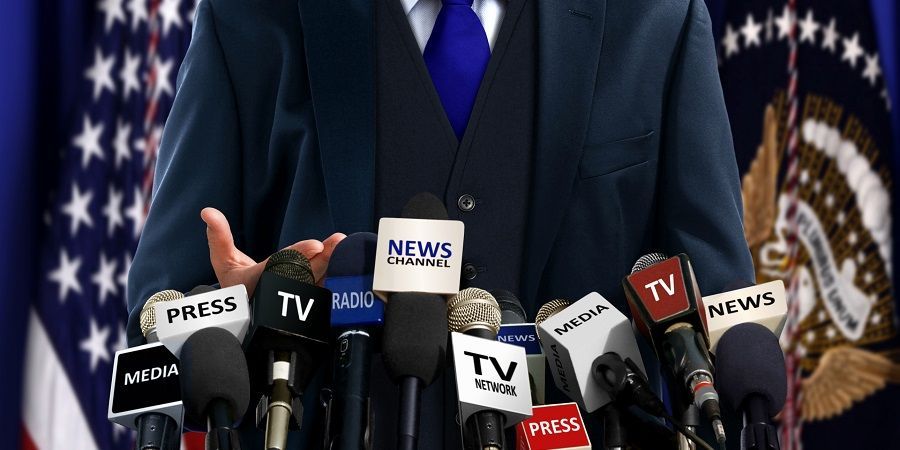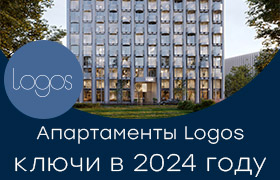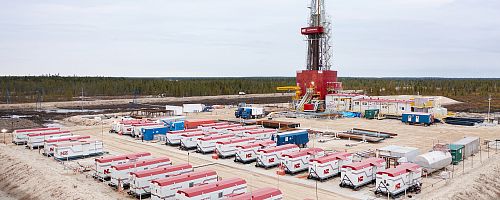The Case Against and for Mikhail Khodorkovsky
This month marks five years since Mikhail Khodorkovsky — once one of Russia’s richest men — was seized in his private plane at the Novosibirsk airport.

In August Mr. Khodorkovsky was denied parole on the grounds that he had not been attending sewing classes at his labor camp in the Russian Far East. Earlier this month he was put in solitary confinement for 12 days for giving a written interview to the Russian edition of Esquire magazine.
The interviewer was Grigory Chkhartishvili, who, under the pen name Boris Akunin, is one of the most popular writers in Russia today. He said people asked him why he was making a fuss about an oligarch who didn’t get so fabulously rich by always obeying the law.
Mr. Chkhartishvili explained that “it was specifically on the Yukos case that we lost the independence of the judiciary — an institution without which a democratic society cannot exist.” He added that “if we restore justice and legality in the case of Khodorkovsky, this will also help all the rest of the victims” of Russia’s authoritarian government.
The argument may be a difficult one for many Russians to understand because the men who made obscene fortunes in the first post-Soviet years are seen as guilty by definition.
In fact, it remains unclear why then-President Vladimir Putin turned so viciously on this one oligarch, while doing business with so many others. One theory is that Mr. Putin saw Mr. Khodorkovsky — who was putting a lot of money into political parties — as a serious rival, and that his arrest was a signal to all oligarchs to stay out of politics. Another theory is that Mr. Khodorkovsky had personally defied the Russian president on some unknown issue; yet another is that the Kremlin wanted to stop him from bringing Western companies in as Yukos partners.
The point is that nobody in Russia believes that the real reason Mr. Khodorkovsky was imprisoned was the crimes of which he was convicted.
For Mr. Chkhartishvili, the arrest marked the point at which the liberals of the first post-Soviet years — who had tried, however poorly, to instill a rule of law — were pushed aside by “siloviki,” the secret service and army chiefs who now rule by raw power (sila).
What struck me in Mr. Chkhartishvili’s argument was that if Mr. Khodorkovsky has indeed become a symbol of the lost rule of law, then he is in effect one of the premier “dissidents” of the Putin era — an unlikely role for a robber baron.
Andrei Sakharov, Natan Sharansky and other members of the Helsinki Group were fighting for a noble cause: freedom. To do that they did not challenge the legitimacy of Soviet institutions. Instead they insisted that the government obey its own laws — on emigration, freedom of speech, freedom of religion — and comply with the human rights clauses of the Helsinki Final Act.
Soviet rulers responded brutally, imprisoning (usually for “anti-Soviet agitation and propaganda”) or exiling virtually the whole group. But the more the Kremlin openly set itself above the law, the weaker it became. The dissidents of the last Soviet years became the heroes of the first post-Soviet years.
The parallels with the present should not be exaggerated. Putin’s Russia is not the Soviet Union by a long shot; Russians have many more freedoms now. And Mr. Khodorkovsky is hardly a human-rights crusader of the mold of a Sakharov, though in his last years at Yukos he moved the company toward high levels of transparency and accountability.
But so long as Mr. Khodorkovsky is kept in a labor camp and denied parole for not sewing properly, he remains a powerful symbol of the lack of independence of Russia’s prosecutors and judges. So long as they are not independent, Russia cannot have the effective legal system it needs to combat corruption, referee markets and create and protect a civil society.
There was some hope that Russia’s new president, Dmitri Medvedev, would do things differently from his mentor (and now prime minister) Mr. Putin. So far he has failed to live up to his commitment to strengthen the rule of law. But Mr. Medvedev does have the power to pardon Mr. Khodorkovsky. That might not be in a class with letting Andrei Sakharov return from internal exile, but it would be a very welcome signal that there is hope for Russia.













